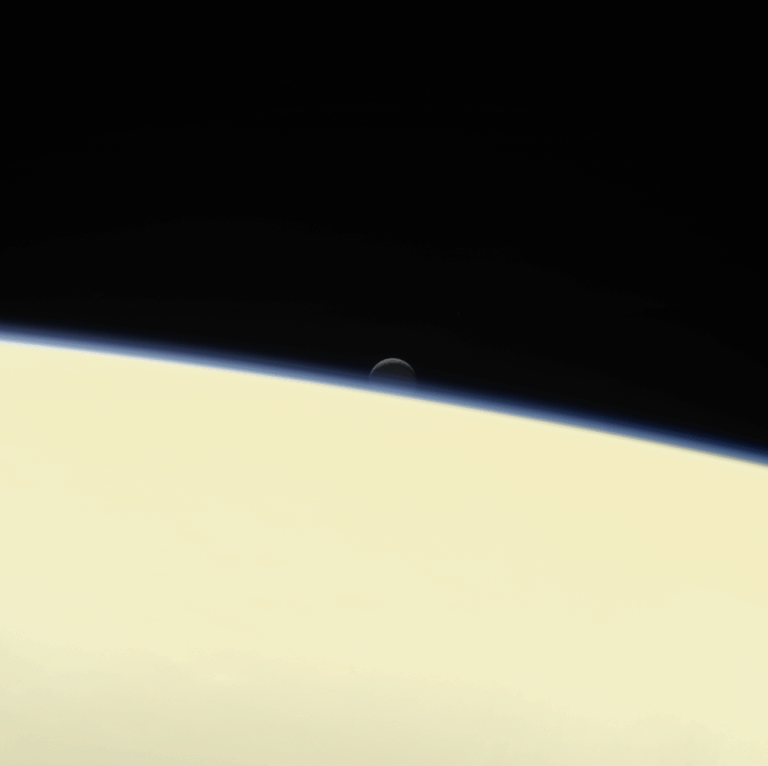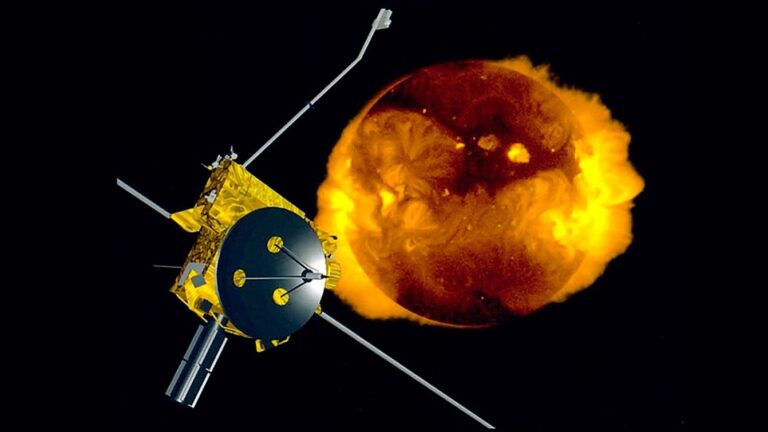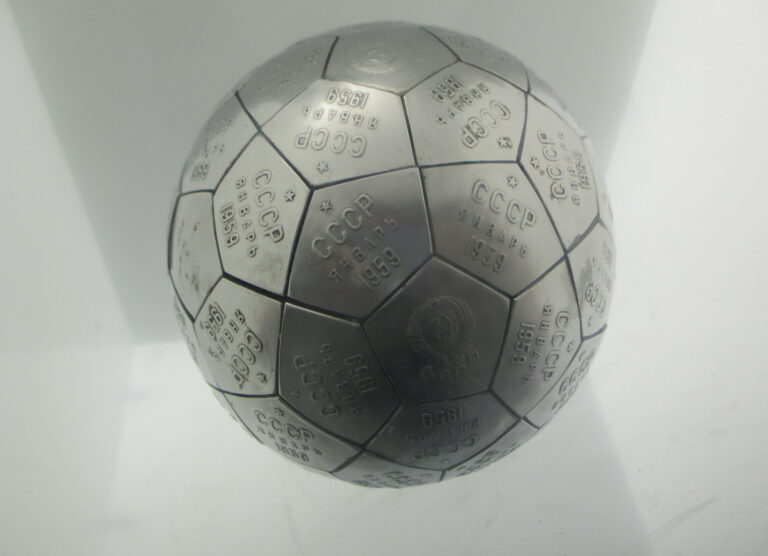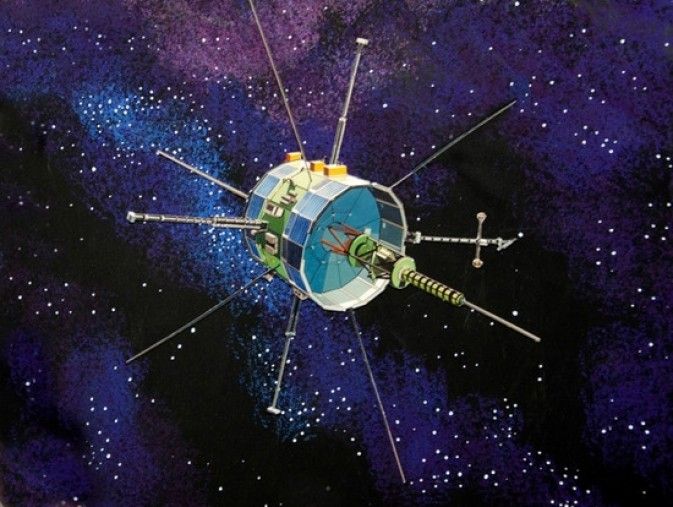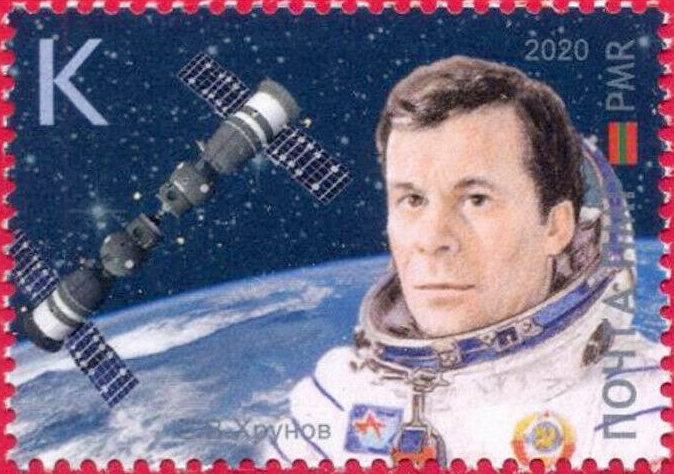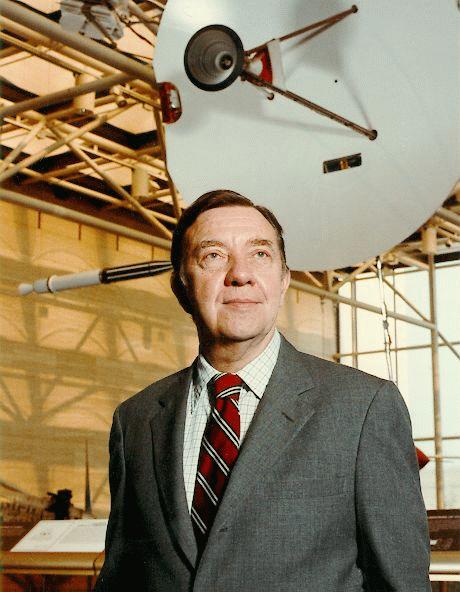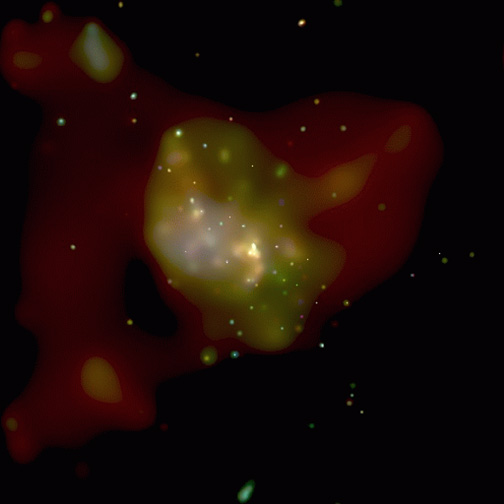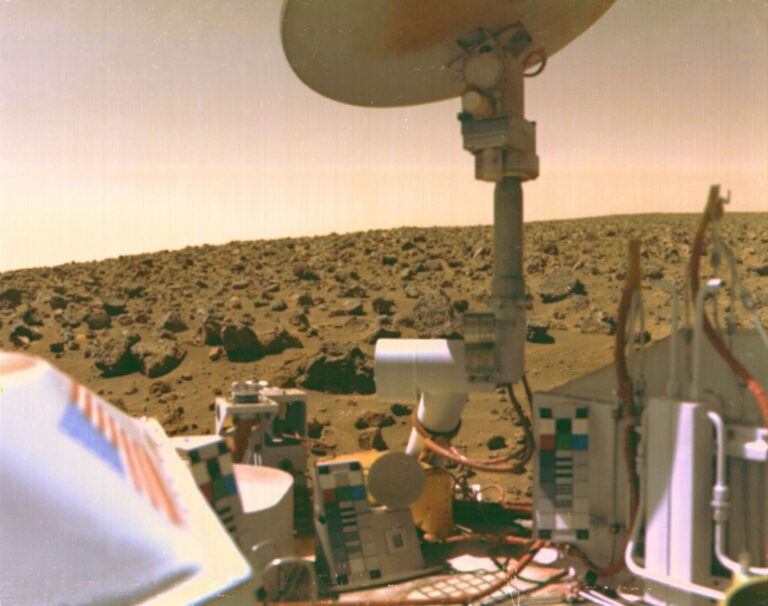Key Takeaways:
The leak was at the Ground Umbilical Carrier Plate, an attachment point between the external tank and a 7-inch pipe that carries gaseous hydrogen safely away from Discovery to the flare stack, where it is burned off.
“We always place safety first,” said NASA Associate Administrator for Space Operations Bill Gerstenmaier. “It is essential we repair this hardware before we fly the mission, and we will take the time to properly understand and fix the failure before we launch.”
The six astronauts for Discovery‘s 11-day STS-133 mission will deliver the Permanent Multipurpose Module (PMM) to the International Space Station. The PMM was converted from the multipurpose logistics module Leonardo. It can hold microgravity experiments in areas such as fluid physics, materials science, biology, and biotechnology. Inside the PMM is Robonaut 2 (R2), which will become a permanent resident of the station. R2 will be used to test how dexterous robots behave in space. STS-133 also is carrying critical spare components to the space station and the Express Logistics Carrier 4 (ELC 4). ELC 4 is an external platform that holds large equipment. The mission will feature two spacewalks to do maintenance work and install new components.
Commander Steve Lindsey leads the veteran crew, which consists of pilot Eric Boe and Mission Specialists Alvin Drew, Tim Kopra, Michael Barratt, and Nicole Stott.
STS-133 is the final shuttle mission planned for 2010, Discovery‘s 39th and final scheduled flight, and the 35th shuttle mission to the station.
The leak was at the Ground Umbilical Carrier Plate, an attachment point between the external tank and a 7-inch pipe that carries gaseous hydrogen safely away from Discovery to the flare stack, where it is burned off.
“We always place safety first,” said NASA Associate Administrator for Space Operations Bill Gerstenmaier. “It is essential we repair this hardware before we fly the mission, and we will take the time to properly understand and fix the failure before we launch.”
The six astronauts for Discovery‘s 11-day STS-133 mission will deliver the Permanent Multipurpose Module (PMM) to the International Space Station. The PMM was converted from the multipurpose logistics module Leonardo. It can hold microgravity experiments in areas such as fluid physics, materials science, biology, and biotechnology. Inside the PMM is Robonaut 2 (R2), which will become a permanent resident of the station. R2 will be used to test how dexterous robots behave in space. STS-133 also is carrying critical spare components to the space station and the Express Logistics Carrier 4 (ELC 4). ELC 4 is an external platform that holds large equipment. The mission will feature two spacewalks to do maintenance work and install new components.
Commander Steve Lindsey leads the veteran crew, which consists of pilot Eric Boe and Mission Specialists Alvin Drew, Tim Kopra, Michael Barratt, and Nicole Stott.
STS-133 is the final shuttle mission planned for 2010, Discovery‘s 39th and final scheduled flight, and the 35th shuttle mission to the station.


